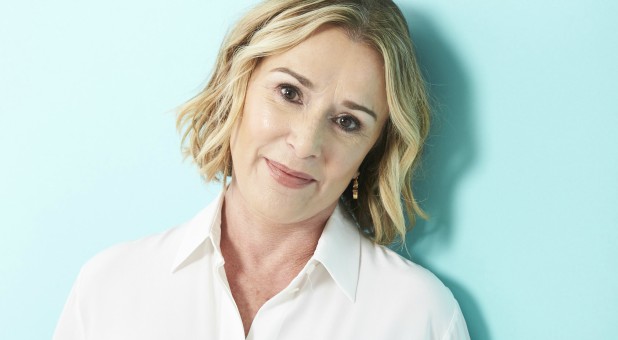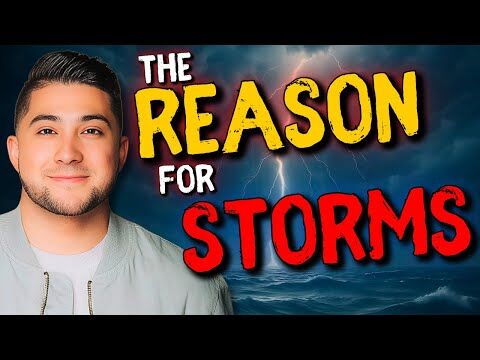“How many Sunday mornings in America do people show up dragging their burdens into church, their questions, their doubts? There’s just this moment when we wait to see if the person on the platform, in the pulpit, will they acknowledge that life is hard?” Sheila Walsh asks.
Walsh, a prolific author and speaker, knows firsthand what ignoring burdens can do.
Decades ago, Walsh was a 700 Club host when she suffered a public mental breakdown and ended up in a psychiatric hospital. In the years that followed, Walsh refused to shy away about the reality of her clinical depression. Her openness attracted millions of people who secretly battled anxiety, mental illness, overwhelming burdens and more.
But just talking about it wasn’t enough for Walsh, so she wrote It’s Okay Not to Be Okay, due out in October, to discuss how to move forward one day at a time.
The book seems eerily prophetic given the recent suicide of megachurch pastor Andrew Stoecklein, who battled depression and anxiety. But Stoecklein is far from the only clergy member to wrestle mentally and physically with the haunting struggles.
According to a Duke research study, the number of pastors with depression is more than double the national average.
A 2017 State of Pastors survey conducted by Barna Group and Pepperdine University in Malibu, California, showed that more than 90 percent of the 1,500 Protestant pastors surveyed reported a good overall quality of life, and spiritual well-being. But 75 percent reported feeling “emotionally exhausted” frequently or at times. And more than half of pastors at churches with fewer than 250 members reported episodes of depression.
And when researchers opened up surveys to church members, the numbers soared.
“Our research found people who suffer from mental illness often turn to pastors for help,” said Ed Stetzer, who was executive director of LifeWay Research during a 2014 study.
“But pastors need more guidance and preparation for dealing with mental health crises. They often don’t have a plan to help individuals or families affected by mental illness, and miss opportunities to be the church,” Stetzer says.
Walsh says the blueprint for addressing many of life’s woes comes straight from the Bible.
“There’s so many patterns in the Old Testament and New Testament of different way to live,” Walsh says. “I think of Naomi and Ruth. When Naomi comes back to her people and says, ‘Don’t even call me Naomi. Call me Mara, because God has dealt bitterly with me.’ She doesn’t pretend and say, ‘Oh hey yeah, life was a little tough where we were, but I’m back now, thank you, Jesus.’ She spilled out the honest truth. If God is not big enough to handle what we’re actually going through, then he’s not the God of the Bible.”
And Paul, who was transformed when Christ Himself approached the persecutor on the road to Damascus, writes openly about his “thorn” that he repeatedly asked God to remove.
But God refused.
Why?
Because in our weakness, He is made perfect.
When a Christian goes head-to-head with the problems of the world and feels discouraged, lonely, exhausted and beyond, it’s OK, Walsh says. That’s when Christ reveals Himself. It’s why it’s OK to not be OK.
Watch the video to see more about Walsh’s new book.












































